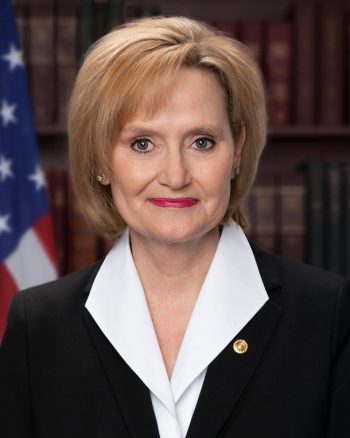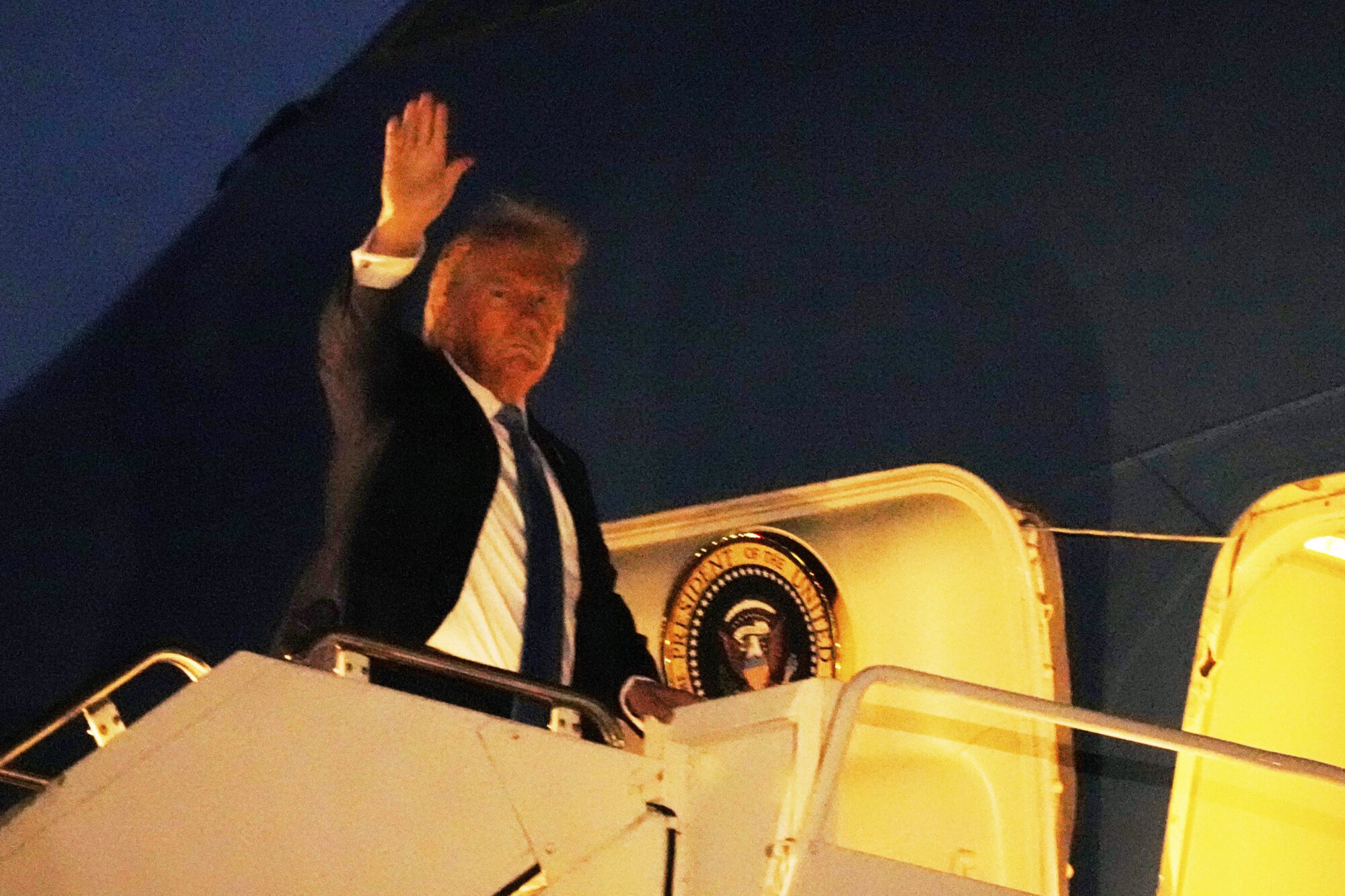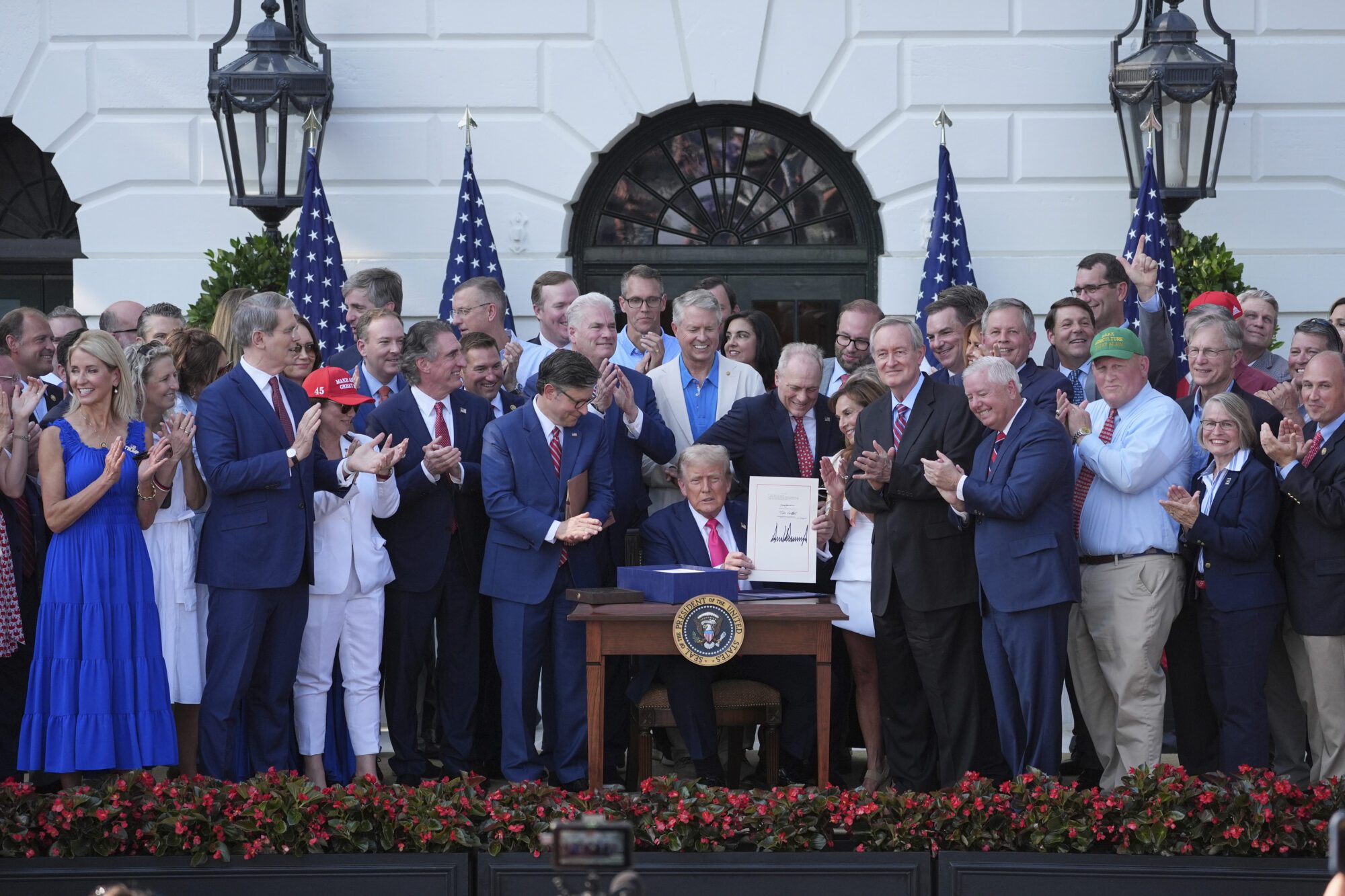Mississippi to Receive $1.25B to Assist with COVID-19 Outbreak
U.S. Senators Roger Wicker, R-Miss., and Cindy Hyde-Smith, R-Miss., today joined Senators Lisa Murkowski, R-Alaska, and John Barrasso, R-Wyo., to send a letter to U.S. Department of the Treasury Secretary Steven Mnuchin requesting flexibility for states to use funds from the Coronavirus Relief Fund to assist local governments with coronavirus response efforts. Mississippi will be receiving $1.25 billion from this program to pay for expenses related to the COVID-19 outbreak.
“It is critical to the success of the Coronavirus Relief Fund that Treasury consider direct emergency payments from states to units of local government in their state as eligible expenditures,” the senators wrote.
To speed the delivery of the funds to the thousands of local governments with fewer than 500,000 residents, lawmakers delegated broad authority to the states while allowing Treasury to deal directly with larger municipalities. The senators’ letter is intended to address concerns that Treasury could disregard congressional intent and bar payments to local governments from a state’s allocations.
“We have all worked closely with our Governors, Mayors and other local officials throughout this crisis. While the attention is often on Washington, they are the ones actually on the front line. We implore you to recognize this fact and to ensure that in the implementation of the Coronavirus Relief Fund you do not strangle the ability of states to work with local governments to respond to the crisis with well-intentioned rules with red tape,” the senators continued.
The Treasury Department interpretation of the Corornavirus Relief Fund, which was created within the CARES Act, is important to Mississippi where none of its 82 counties has populations exceeding 500,000.
Read the senators’ full letter here:
Dear Secretary Mnuchin,
We write to you today to encourage you to publish guidance for the implementation of the Coronavirus Relief Fund (section 601 of the CARES Act) that provides the flexibility states need to support local governments and first responders on the front line. The definition of local government in the Coronavirus Relief Fund as a unit of government below the state level whose population exceeds 500,000 has fostered concern at the local level across the country. Even in the largest states, many of the counties, municipalities and their equivalents do not have populations that exceed 500,000.
During the development of the CARES Act, we had a call with you where we discussed the inherent tradeoff between the imperative to deploy funds to state and local governments rapidly and the ability of Treasury to implement that deployment. It was our understanding the CARES Act limited which local governments could seek direct payments from Treasury in order to simplify distribution. That made sense as requiring Treasury to process applications and calculate payment calculations for every local government in the United States would have created a bureaucratic morass that would have held up the distribution of these critical funds. Our concerns were somewhat allayed after you further assured us that when you issued guidance implementing the program, Treasury would not interpret the section to limit a state from subsequently assisting county or municipal governments. Those concerns were again elevated, however, because of your recent comments that Treasury will issue guidance that unintentionally creates obstacles to states supporting their front line.
The CARES Act defines eligible uses of Coronavirus Relief Funds as “necessary expenditures incurred due to the public health emergency with respect to the Coronavirus Disease 2019 (COVID-19)” that “were not accounted for in the budget most recently approved as of the date of enactment of this section for the State or government” and “were incurred during the period that begins on March 1, 2020 and ends on December 30, 2020.” It is critical to the success of the Coronavirus Relief Fund that Treasury consider direct emergency payments from states to units of local government in their state as eligible expenditures for the purposes of this section.
Treasury must not create an unnecessary complex burden of compliance that hinders states working with local governments – especially very small communities. An overly narrow definition will create unintended consequences that stymy response at the local level by tying up critical resources needed by state and local governments. This would be a disaster, run counter to the needs of the emergency Congress recognized in passing the CARES Act and have devastating results across the country. We therefore encourage Treasury to focus on the same balance we did in enacting the CARES Act and ensure that emergency supplemental state support for smaller communities is explicitly authorized in any guidance you issue.
We also stress that responding to the economic impacts of both the crisis and the measures taken by states and communities to respond to the crisis must be explicitly authorized. Federal programs cannot possibly capture every incidence or impact. The purpose of the Coronavirus Relief Fund is to provide flexibility to states and local governments (including those under 500,000) to fill the gaps in the economic response inevitably left by one-size fits all federal programs.
We have all worked closely with our Governors, Mayors and other local officials throughout this crisis. While the attention is often on Washington, they are the ones actually on the front line. We implore you to recognize this fact and to ensure that in the implementation of the Coronavirus Relief Fund you do not strangle the ability of states to work with local governments to respond to the crisis with well-intentioned rules with red tape.
Press Release
4/8/2020









